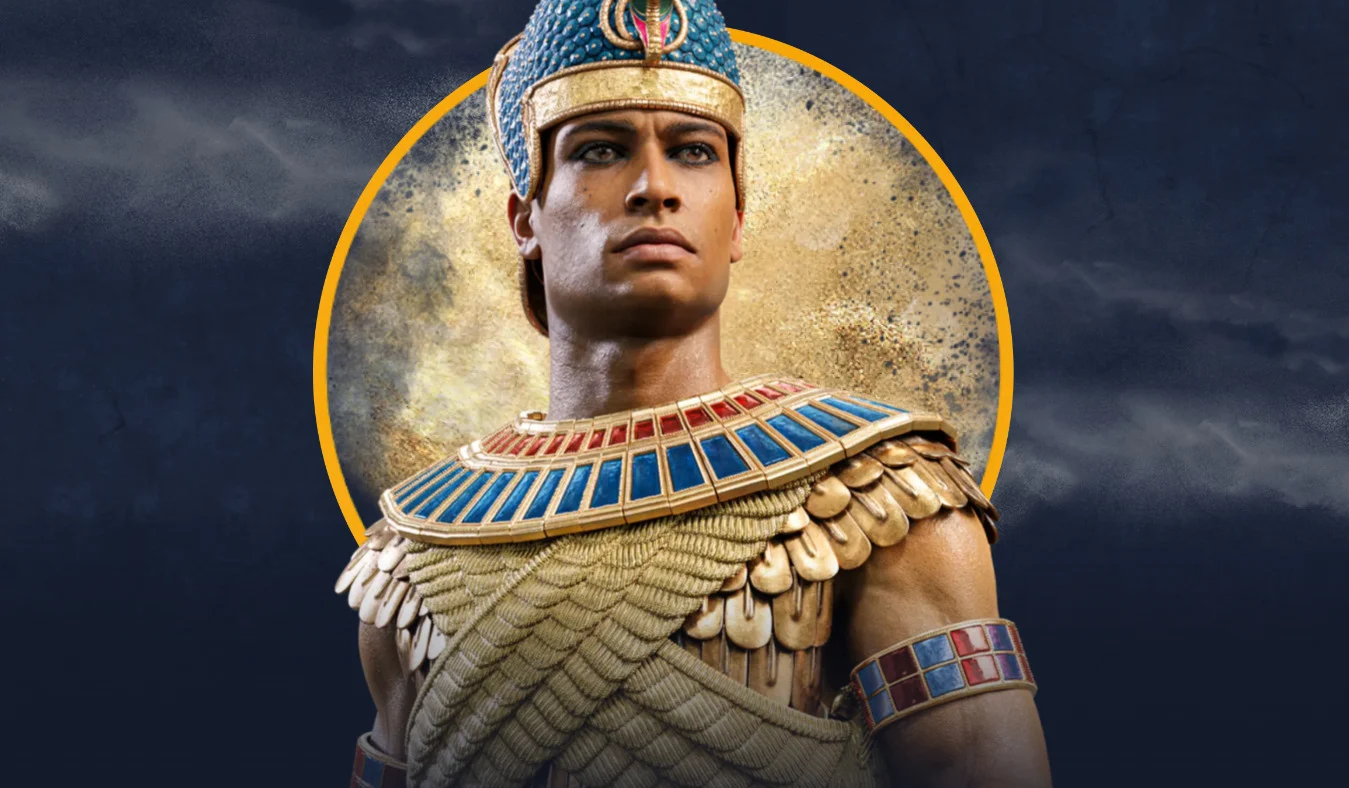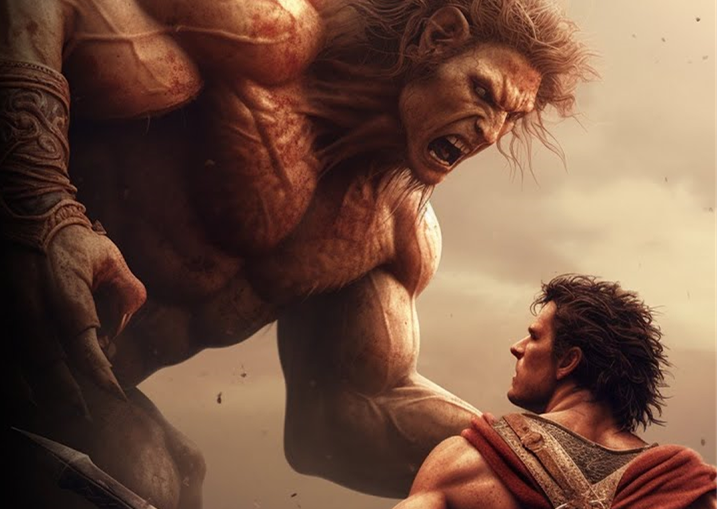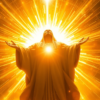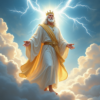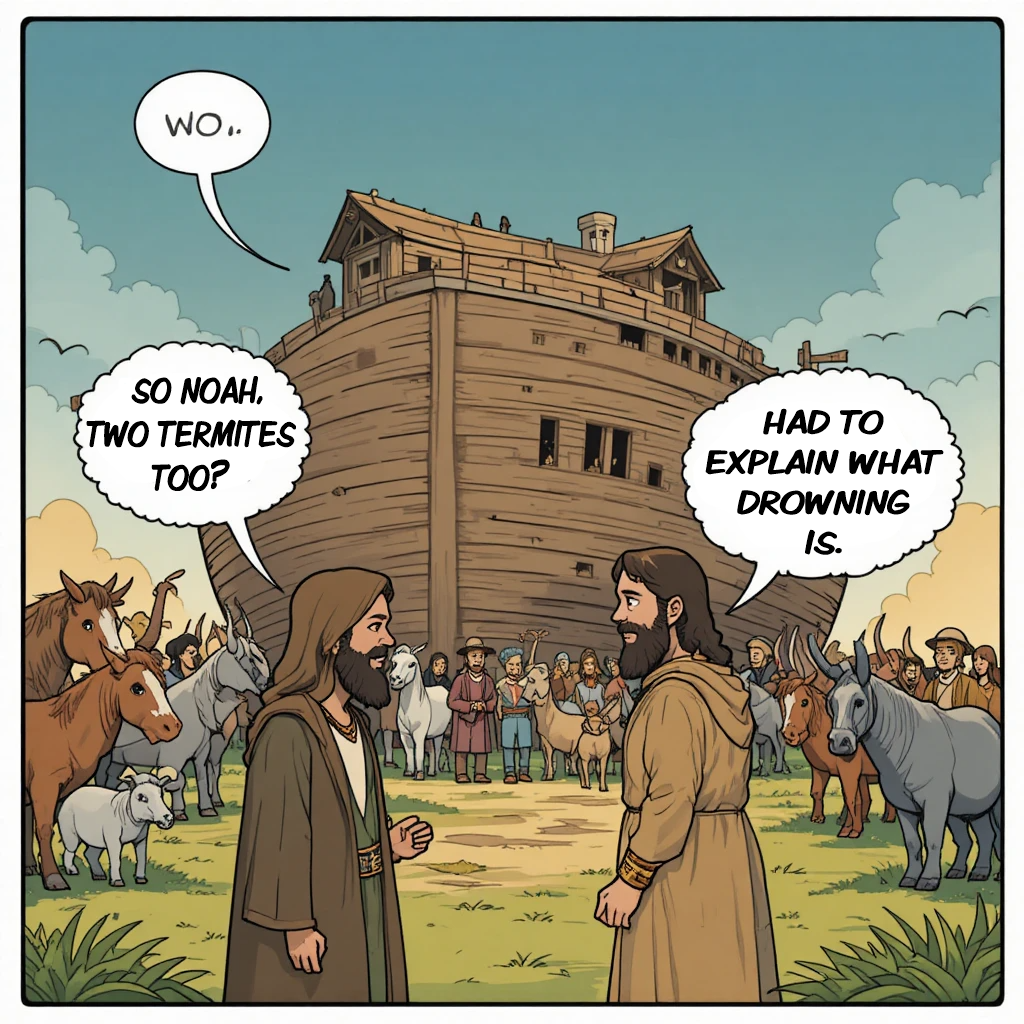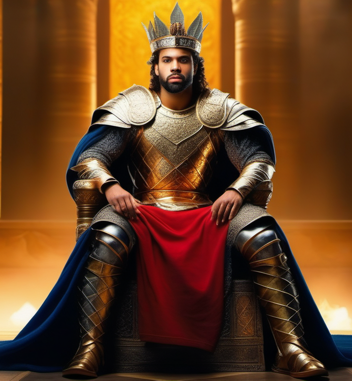
In the ancient tapestry of biblical narratives, the character of David emerges as a multifaceted figure, embodying a paradoxical blend of strength and vulnerability, aggression and sensitivity. At the core of this complexity lies the profound contradiction between David the Warrior and David the Poet.

